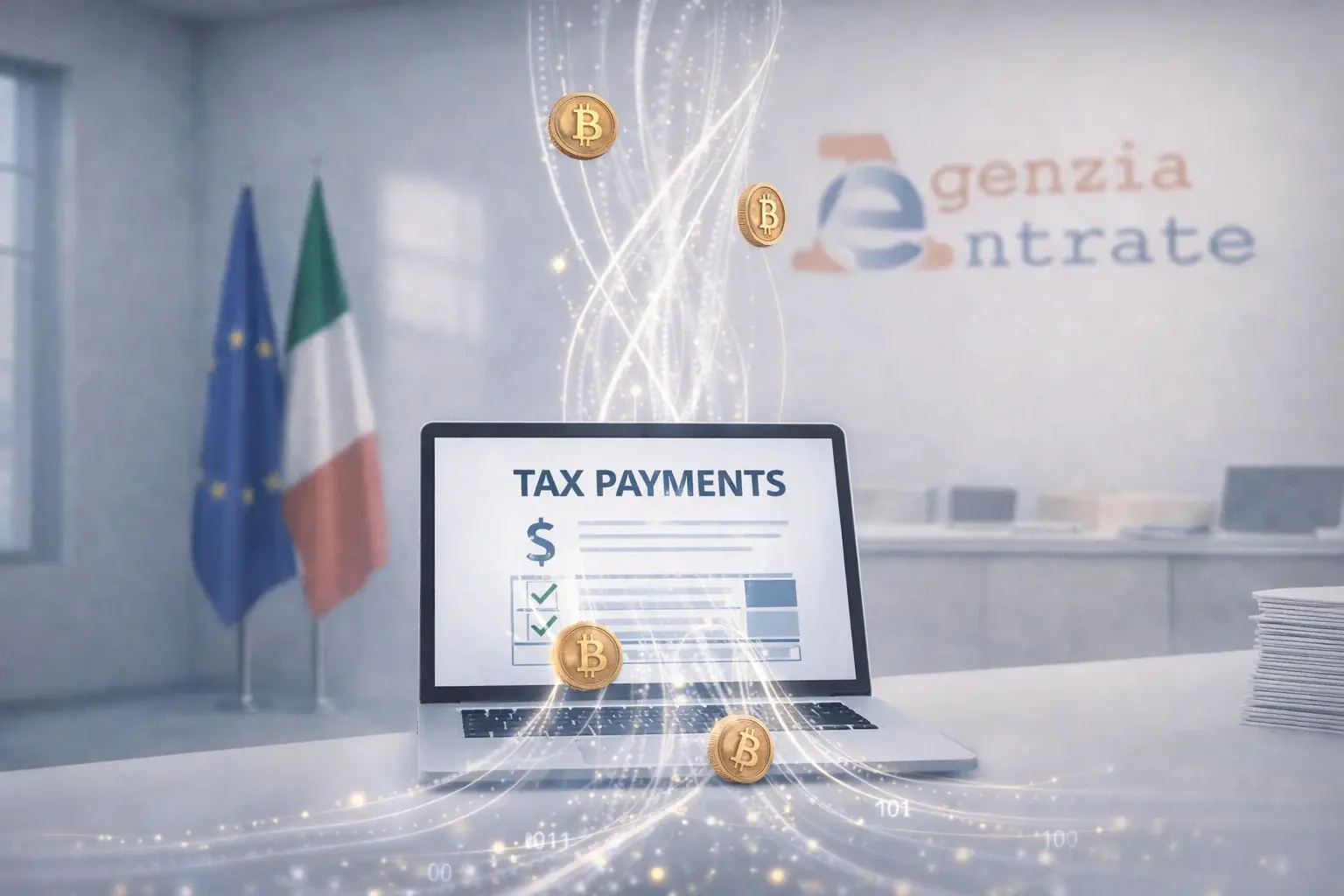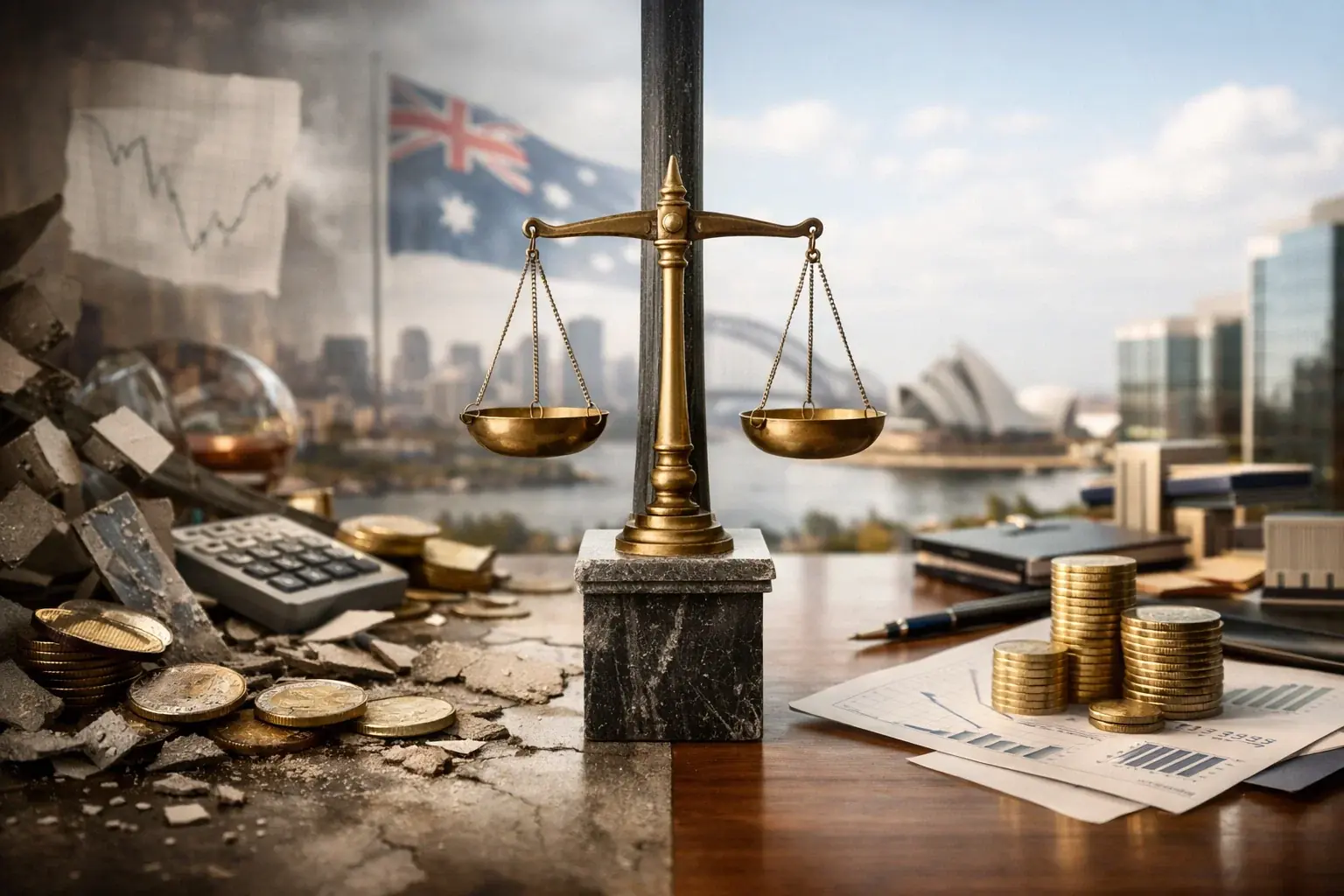SEC Commissioner Hester Pierce told Bloomberg that most meme tokens probably don't fall under the SEC's jurisdiction.
During the interview, she was asked about the possible complications for the Commission from issuing official tokens linked to President Donald Trump (TRUMP) and the First Lady (MELANIA). Pierce stressed the importance of clearly defining the asset category:
"A lot of people are putting out meme coins right now. Facts and circumstances matter. We must always evaluate them carefully. However, many of these tokens are probably outside the SEC's purview under current rules."
According to Pierce, it may be up to Congress to provide regulatory clarity or the CFTC to oversee this segment.
The SEC's Role and Regulatory Perspectives
In January, Pierce took the helm of the SEC's task force on cryptocurrencies, with the goal of clarifying which digital assets should be considered financial securities.
The SEC's Role and Regulatory Perspectives
Former SEC Chairman Gary Gensler has repeatedly stated that most cryptocurrencies fall into this category. For this reason, during his tenure, the SEC took legal action against industry giants such as Binance, Coinbase and Kraken.
Pierce added that fostering innovation in the Bitcoin industry requires clear regulations. He admitted that the current enforcement-based strategy has created uncertainty and discouraged companies from doing business in the US. He believes a more structured regulatory framework would help balance investor protection with technological progress.
Pierce criticised the regulatory approach adopted under Gensler's leadership, calling it 'atypical'. She stressed that the SEC is trying to return to the use of alternative tools to create more effective policies:
"I'm a freedom maximalist, but I think our approach to cryptocurrencies has been a way of using regulation as a barrier to innovation," she said.
The Binance Case and The Next Moves
On 11 February, Binance and the SEC filed a joint motion to stay proceedings for 60 days. The parties referred to the creation of a group led by Pierce, whose work could lead to changes in current regulations.
However, in an interview, Pierce avoided commenting on the possibility of the SEC dropping the charges against Binance and others involved in the lawsuits altogether. For example, in 2023, the agency filed a lawsuit against Coinbase for operating as an unregistered exchange.
"We will look at each case individually and proceed accordingly," Pierce said.
Market participants continue to express cautious optimism about the prospects for regulatory change. The formation of Pierce's working group suggests a willingness to engage in constructive discussions, rather than relying solely on coercive measures.
Industry leaders hope that this initiative will lead to more precise regulations, especially with regard to the classification of tokens and the role of decentralised finance (DeFi) in the current legal framework.
Finally, let us recall that Trump has set up a working group on digital asset markets, led by 'crypto czar' David Sacks. Among the main priorities: the consideration of the creation of a national Bitcoin reserve and legislation for the circulation of stablecoins.








